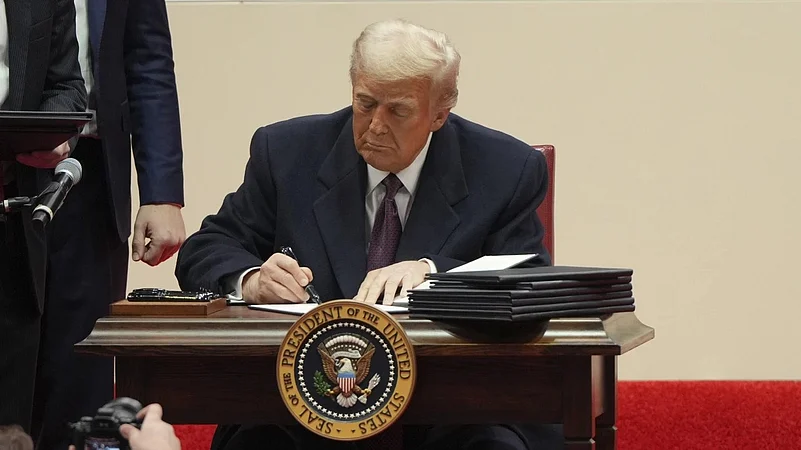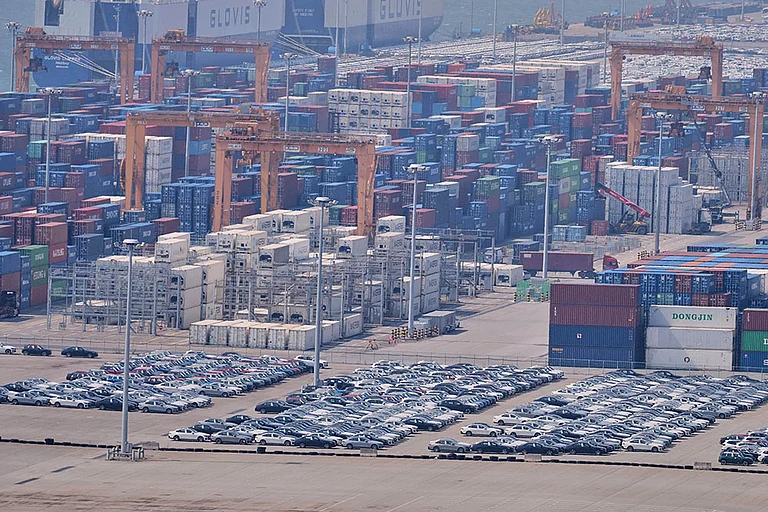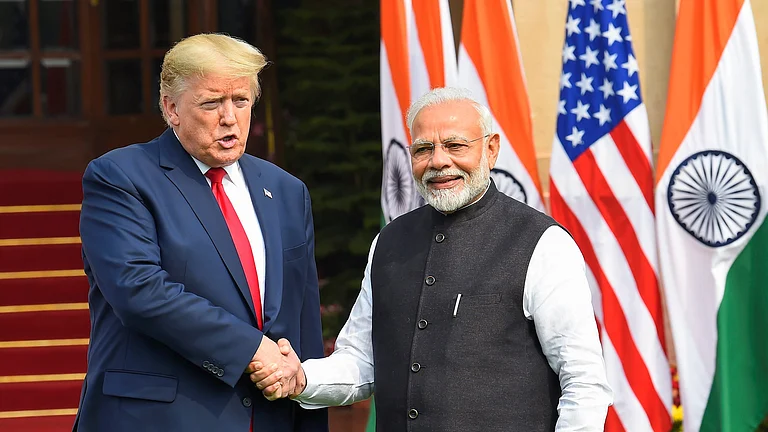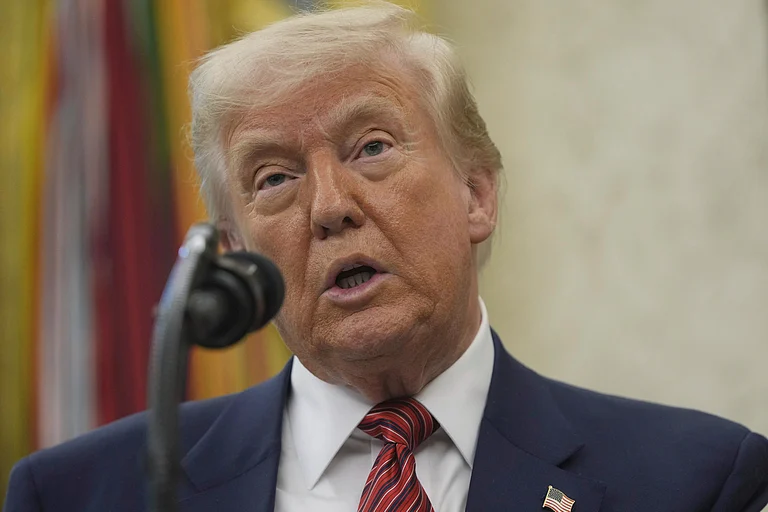President Donald Trump singled out Brazil and imposed import taxes of 50 per cent on Wednesday, citing the country's treatment of of its former president, Jair Bolsonaro. Instead of showcasing an economic reason behind the tax, Trump this time linked the tariffs to the trial of Bolsonaro, who is charged with trying to overturn his 2022 election loss.
Trump has earlier described Bolsonaro as a friend and hosted the former Brazilian president at his Mar-a-Lago resort when both were in power in 2020.
“This Trial should not be taking place,” Trump wrote in the letter posted on Truth Social. “It is a Witch Hunt that should end IMMEDIATELY!”
The US president addressed his tariff letter to Brazilian President Luiz Inacio Lula da Silva, who bested Bolsonaro in 2022.
How Did Brazil React?
Lula responded in a forceful statement that said Trump's tariffs would trigger the country's economic reciprocity law, which allows trade, investment and intellectual property agreements to be suspended against countries that harm Brazil's competitiveness.
He noted that the US has had a trade surplus of more than $410 billion with Brazil over the past 15 years.
“Brazil is a sovereign country with independent institutions that will not accept being taken for granted by anyone,” Lula said.
Bolsonaro testified before the country’s Supreme Court in June over the alleged plot to remain in power after his 2022 election loss. Judges will hear from 26 other defendants in the coming months, and legal analysts say a decision could come as early as September. The country’s electoral authorities have already barred Bolsonaro from running for office until 2030.
The former president did not comment about Trump’s tariff decision on his social media channels, but wrote that he is being politically persecuted.
In his statement, Lula defended the country's legal system, saying the “proceedings against those who planned the coup d’etat is a competence of the Brazilian judiciary and is not subject to interference or threats that harm the independence of national institutions.”
The Brazil letter was a reminder that politics and personal relations interlink for Trump as he is setting high tariff rates based on trade imbalances.
The tariffs starting from August 1 would be a dramatic increase from the 10 per cent rate that Trump levied on Brazil as part of his April 2 “Liberation Day” announcement.
According to Associated Press, in addition to oil, Brazil sells orange juice, coffee, iron and steel to the U.S., among other products. The US ran a $6.8 billion trade surplus with Brazil last year, according to the Census Bureau.
Trump initially announced his broad tariffs by declaring an economic emergency.
Trump also sent letters Wednesday to the leaders of seven other nations including the Philippines, Brunei, Moldova, Algeria, Libya, Iraq and Sri Lanka and none of them are major industrial rivals to the United States.
The president has previously threatened additional tariffs on any country that attempts to retaliate.


























